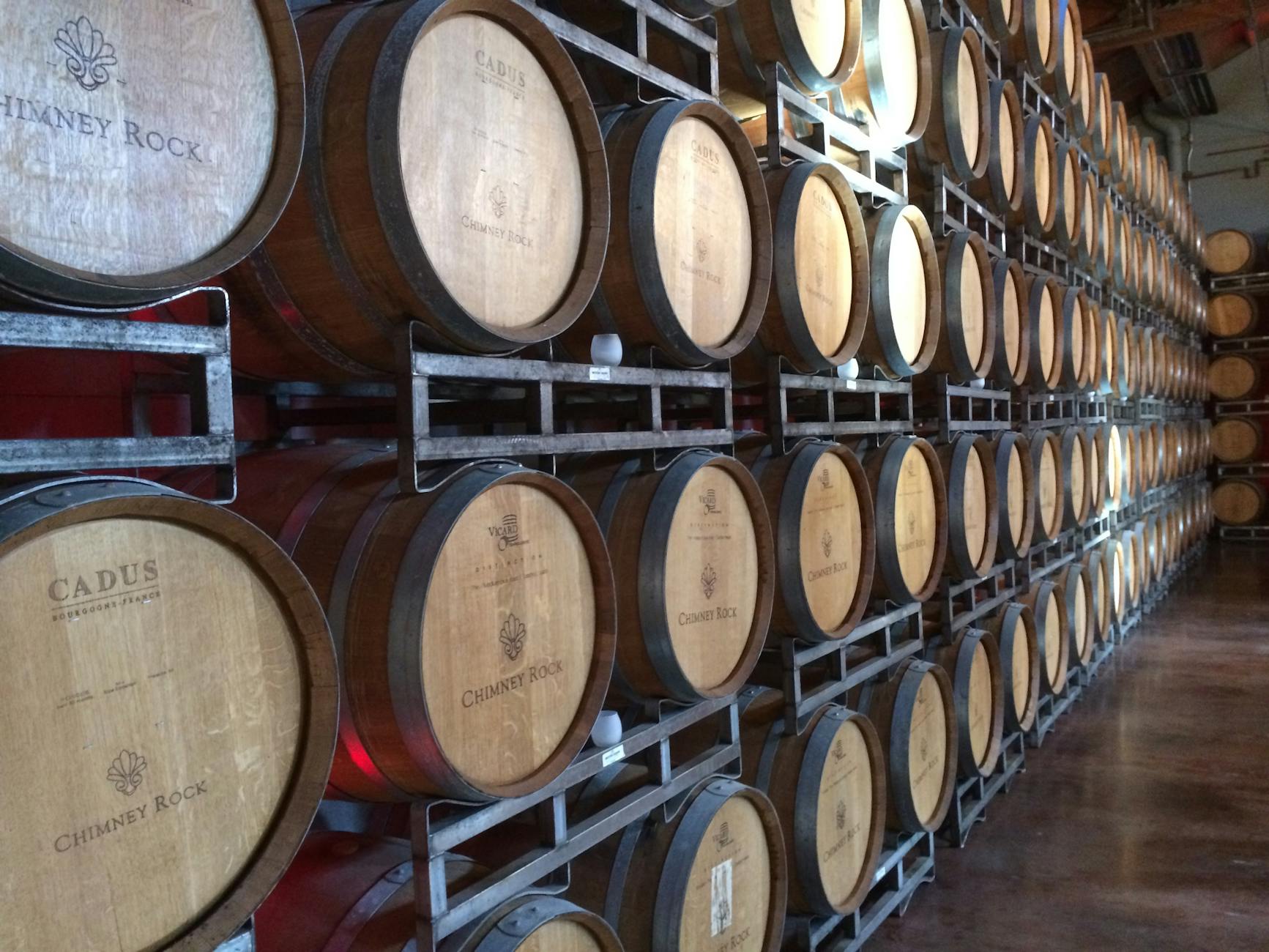2 Samuel 1
Revenge is a dish devoured by those who don’t fear God. Vengeance belongs to the Lord. But if a man leaves off faith in the Lord, then he will not leave vengeance to the Lord. This faithless man becomes a modern day headhunter. A Christian falls. And the unbelieving man makes sure to decapitate the fallen and hold his head up as a trophy. When this bitter man hears, “O how the mighty have fallen!” He goes to get his knife.
But we have a very different picture in King David when his enemy, King Saul, falls.
The Text – A Summary
There are two main divisions to the passage. First, is the scene at Ziklag between David and the Amalekite. Second is David’s lamentation.
In the first division, we hear that David had finished killing the Amalekites. David was killing Amalekites while Saul was being killed by Philistines. God told Saul to kill all of the Amalekites in 1 Samuel 15. But Saul failed to do so and God responded to Saul’s disobedience by saying that the kingdom would be torn from Saul and given to someone better than him. God did this very thing. And here is David doing what Saul failed to do.
While in Ziklag, an Amalekite came to David dressed in mourning and told him that Israel lost in battle against the Philistines, many were dead, including Saul and his son, Jonathan. David asked how this man knew Saul and Jonathan were dead. The man told David that Saul was leaning on his spear near dead and asked to be killed. The man told David that he knew Saul could not live given his wound so he proceeded to kill him in order to end his anguish. David tore his clothes and mourned, and all his men with him.
After asking where the man was from, David asked him why he was not afraid to destroy the LORD’s anointed. David himself had multiple opportunities to do so. But he would not raise his hand against the LORD’s anointed. David, knowing the man was an Amalekite, ordered that he be executed. And one of David’s young men killed him.
The Amalekite’s story conflicts with what we hear in 1 Samuel 31 regarding the death of Saul. There we are told that Saul fell on his own sword to avoid being mistreated by the Philistines. It seems the best way to understand the two different accounts is to see that the Amalekite was lying. He assumed that David sought Saul’s life. If the Amalekite struck the final blow and brought David the king’s crown and armlet, perhaps he would benefit. But, this Amalekite misjudged David and suffered the consequences.
In the second division, David then laments and says that his lamentation should be taught to the people of Judah. The lamentation opens and closes with the phrase, “How the mighty have fallen!” Rising and falling play a key role in the book of Samuel. We have seen Saul’s rise and fall, and as we go on we will see David’s rise and fall. We have also watched for some time the fall of Saul alongside of the rise of David.
As David laments, he commands that the news of Saul’s fall not be spread in Philistine territory. He does not want God’s enemies rejoicing (v. 20). He curses the mountains of Gilboa where Saul and Jonathan were slain. He honors Saul and Jonathan as warriors in verse 22 and 23. He calls the women of Israel to weep over Saul who provided them with luxuries. And he speaks of his deep love for Jonathan (v. 26).
David closes his lamentation with the same phrase that he used at the opening, “How are the mighty fallen” (v. 27). The mighty falling is associated with the beauty of Israel falling (v. 19) and the weapons of war perishing (v. 27). Israel’s glory and protection were fallen on Mount Gilboa and David was in mourning. You might expect a man to rejoice when the king who was hunting him unjustly finally died. But, David was so concerned for the glory of the God of Israel that he wept when the Lord’s anointed fell.
What is remarkable about David’s song is that Saul really had treated him horribly. Imagine the slander involved. How many manipulative letters did Saul send around the kingdom, explaining David’s character flaws? David honored a man who had blown it big time. Saul used his authority and relationships to spread lies about David. And the “king like the nations” used his power to seek David’s very life.
But David, like Joseph who went before him, saw God’s hand at work when others with power intended his harm. Moreover, David’s heart was bound up not with his personal welfare, but with the welfare of the Israel of God. The bitter and resentful man is consumed with what has happened to him. He just can’t get over it. Often this man is right about what has happened to him. And not infrequently, the wrong done was hideously wrong. The bitter and resentful man’s problem is not what he sees per se, but what he does not. His vision is far too narrow.
If he turns his eyes upon the providence of God, and particularly on God’s dealings with his covenant people, he will be freed from that burdensome chip on his shoulder.



